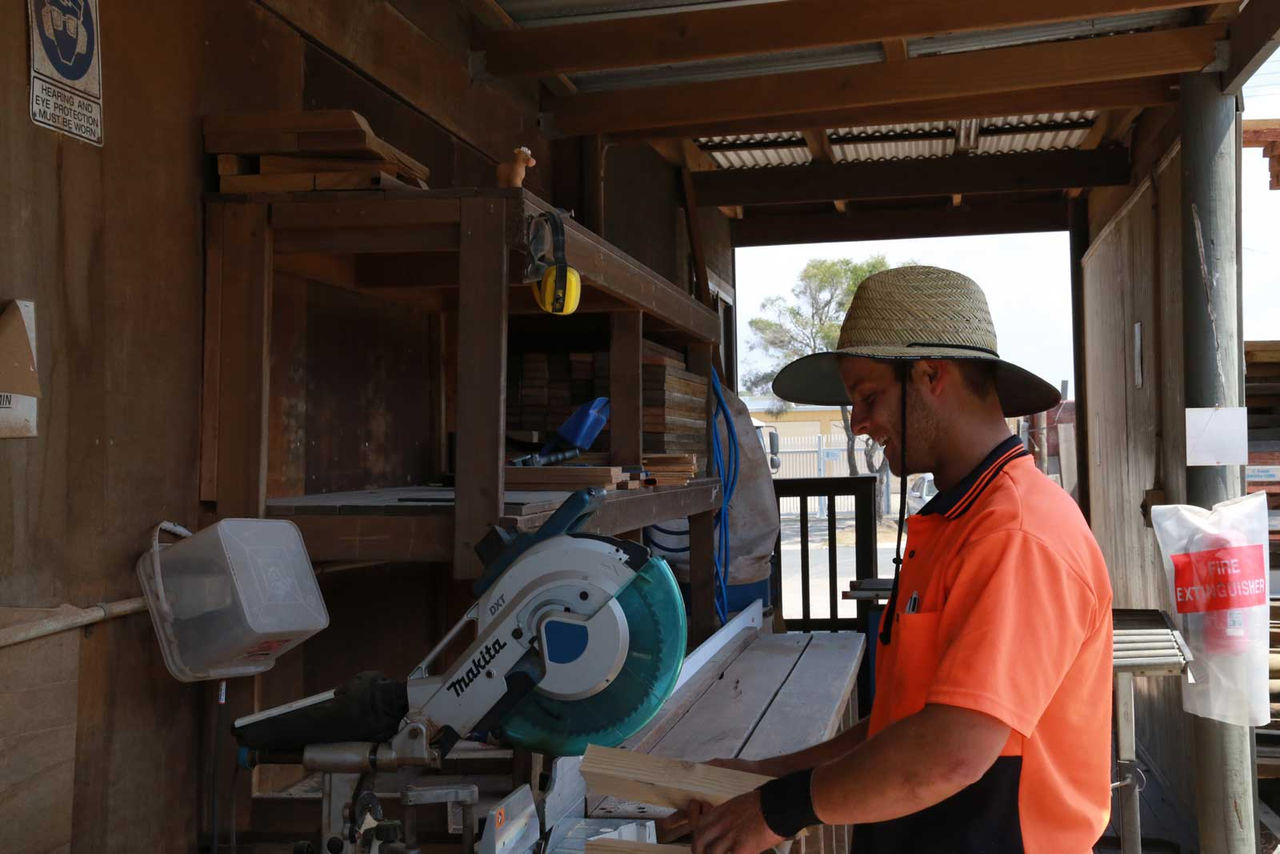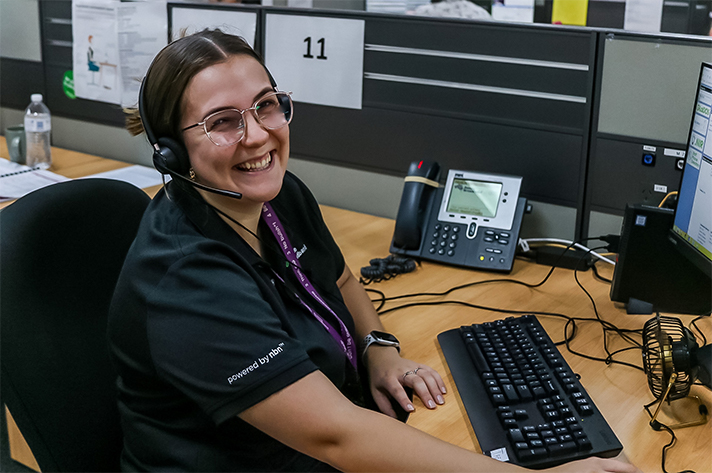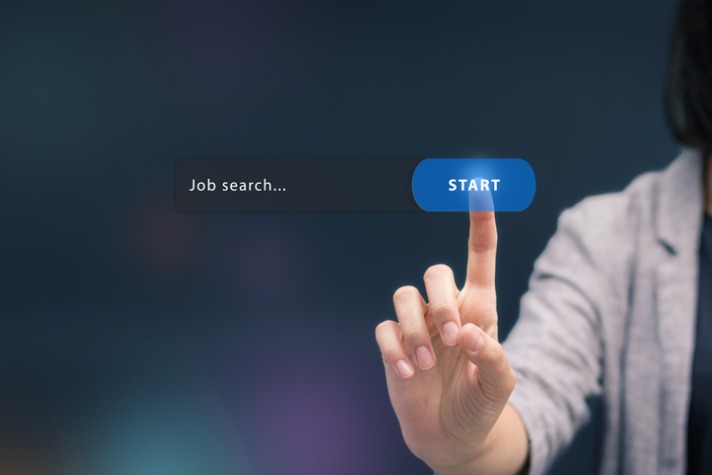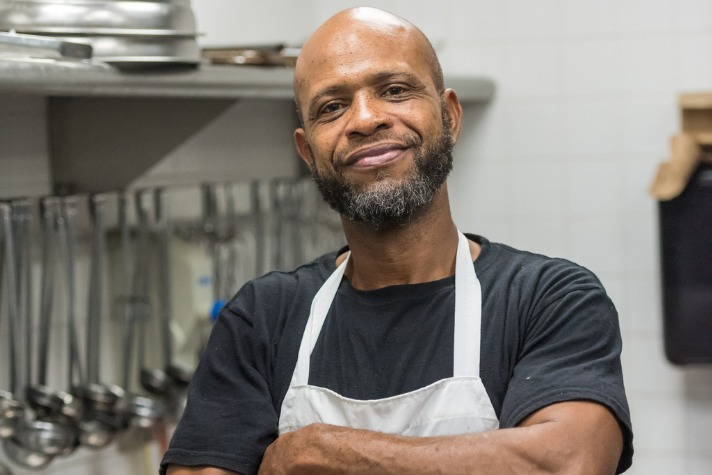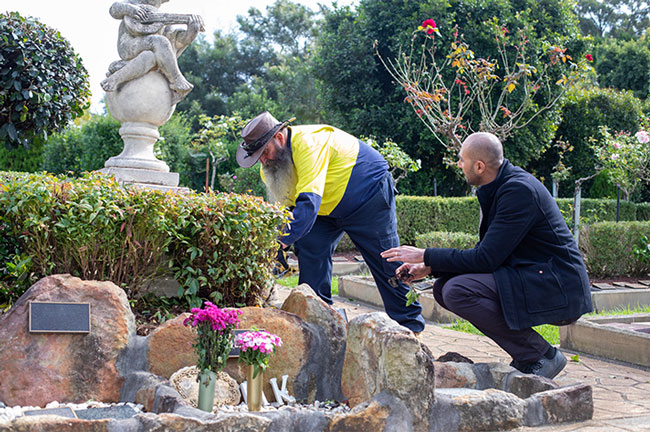References – Who to choose and 5 mistakes to avoid.
Published by MAXSolutions on February 26, 2021

The last step before offering a job to a prospective employee is checking references. This can be the difference between you getting the job or not.
So making sure your resume references are the right ones to sell you and your skills is an important decision to make. It is also important to be wary of potential mistakes you can make with your resume references.
What’s the point of resume references?
Employers use references to fact-check your interview and confirm you can do the job. It’s also very important to find out things like culture fit and how you interact within the team. With so many resumes filling up the inboxes of hiring managers these days, you may think that you are saving them time, but employers still see the reference check as a crucial part of the hiring process.
How many references should I include on a resume?
Many applications tend to ask for 2 to 3 references. It isn’t necessary to have more but it may raise red flags to a hiring manager if you only have one. They may ask for a mix of previous direct supervisors as well as character references. You could include one of your former teachers, a coach or other people in a position of authority that can speak to your character.
Remember, its ok to put down an existing employer as a reference, but you should check with the recruiter when they will do reference checks. You don’t want your employer to receive a reference check if they don’t know you are interviewing for other roles.
5 mistakes to avoid with your references.
1. Not getting permission – It may seem like a simple formality but it is good manners to ask the person you intend to put down as a reference first. You don’t want them getting surprised by a phone call from a potential job because it will not reflect well on you.
2. Not preparing your references – Just letting your reference know to expect a call is not giving you the best shot at the job. You need to prep them a little. Explain the role you are going for, what its duties are, and a bit of insight into how you sold yourself in the interview. You want them to be on the same page as you.
3. Getting the wrong person as a reference – your references should be relevant to the role you are applying for, and recent. Hiring managers need people to confirm your skills and cultural fit to their organisation. Not just someone who can speak to your kind and personable nature.
4. Using a fake reference – HR professionals make plenty of reference calls in their job, so they get pretty good at reading between the lines. The chances of you getting caught out are high and will guarantee you aren’t getting that job.
5. Assuming your reference will give a recommendation – don’t take a glowing review as a given. If you haven’t talked to this person for years, their memory of your skills and work ethic may be foggy. Or, you may have miscalculated how high their opinion is of you!
You can find more resume tips in our how to make your resume pop article or you can always get in touch with your Job Coach to offer some guidance.
Share
Tags
Found this useful?
Help and advice
Our blogs are about helping people seek the information that they need for their steps in the workforce.







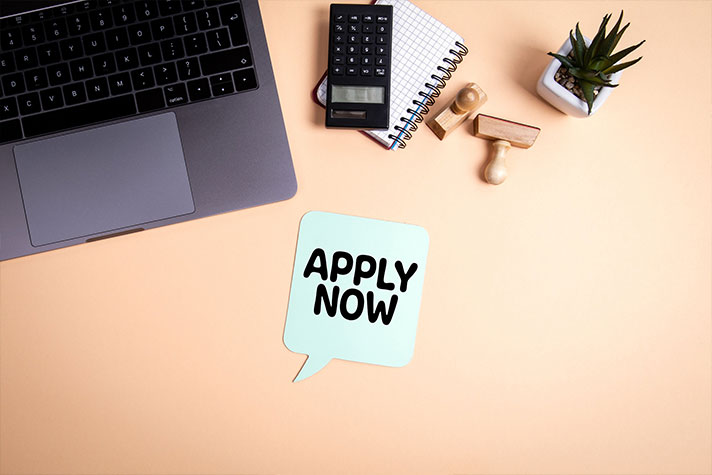
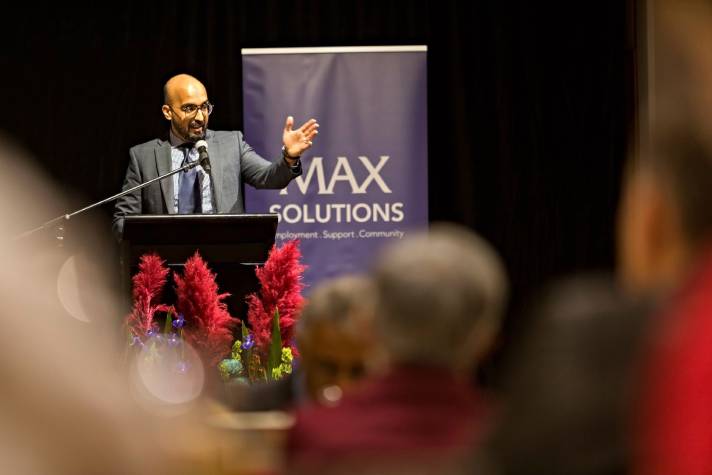
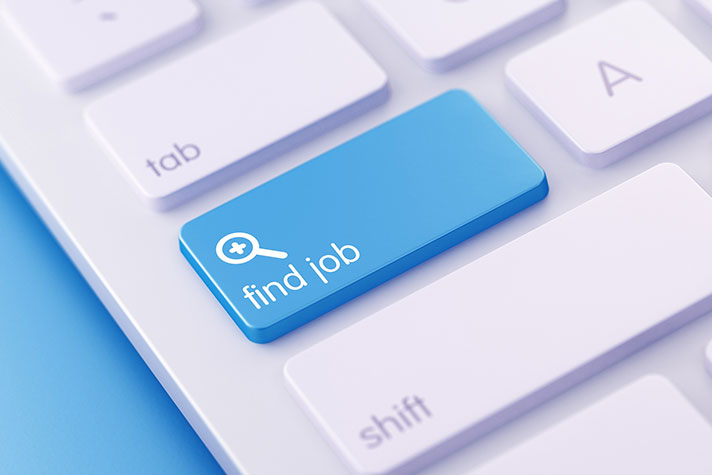




_1.jpg)

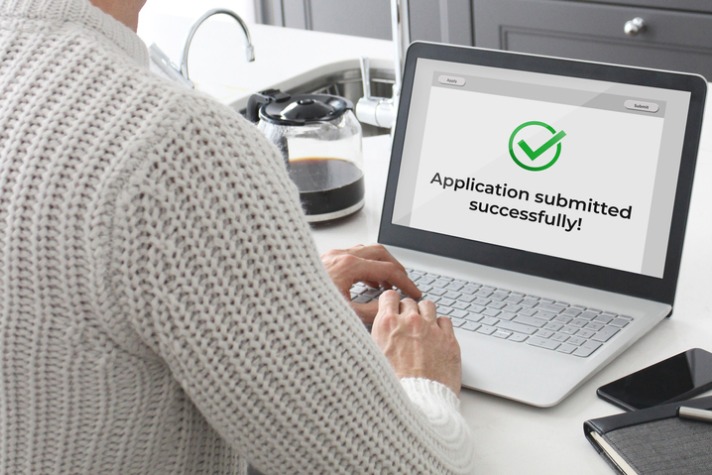
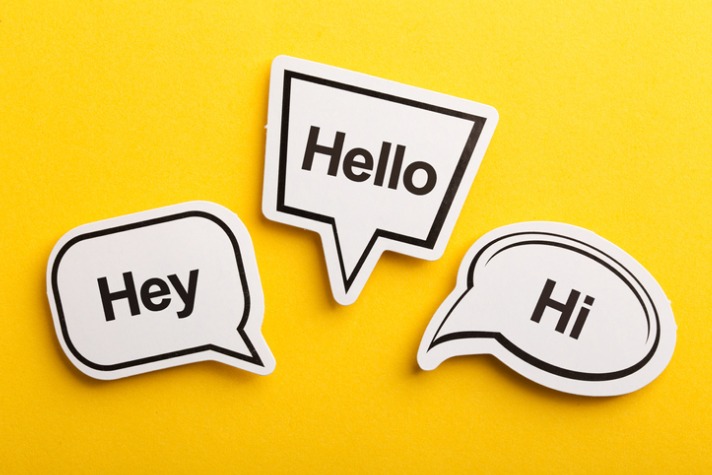
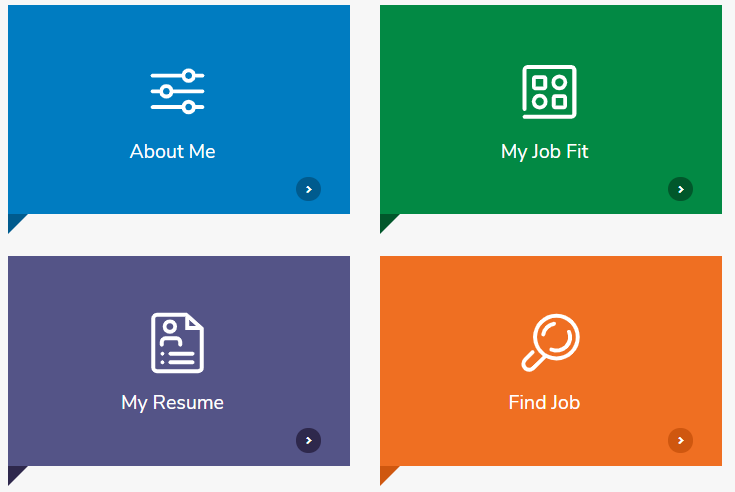

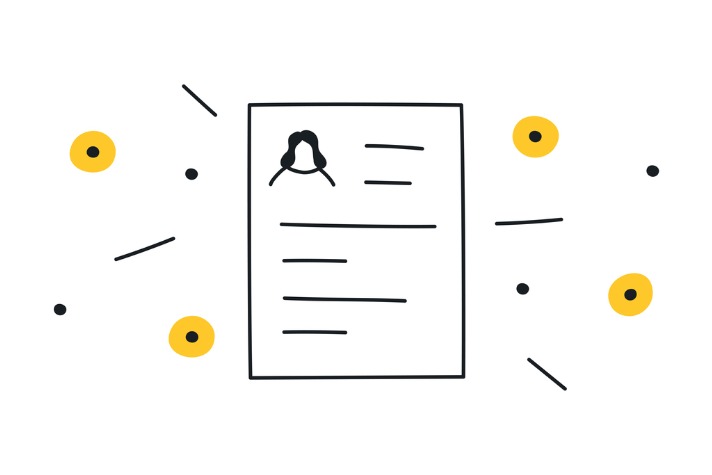

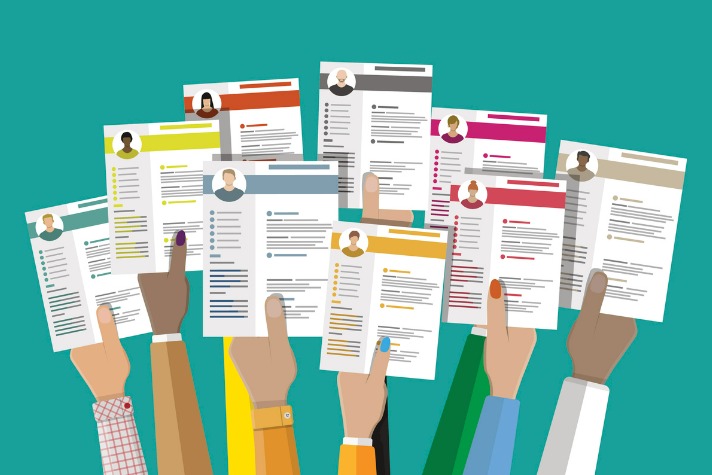
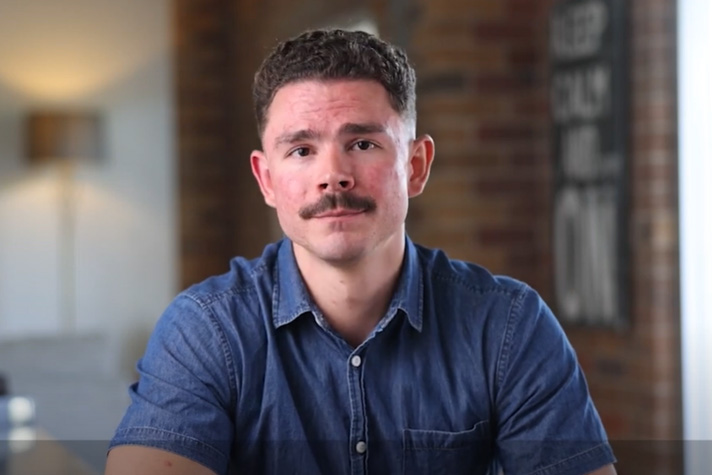

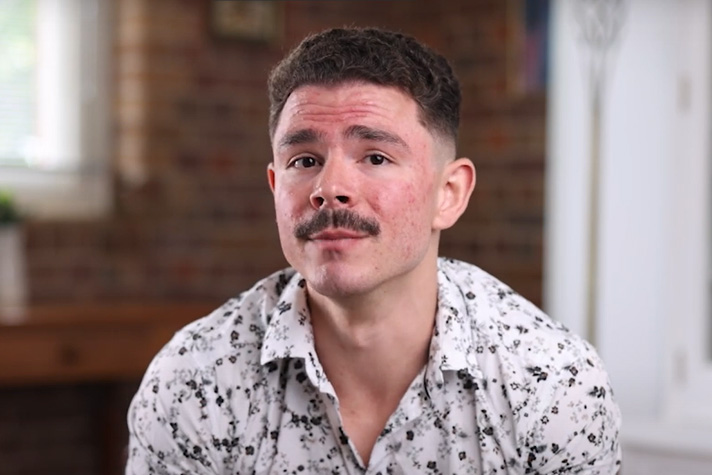
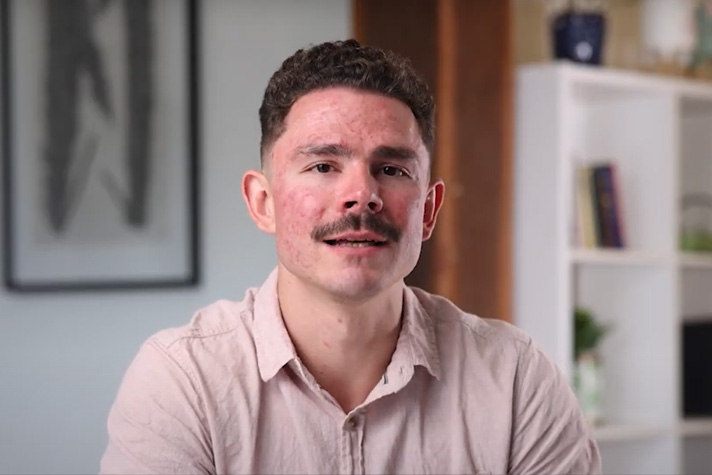
















.jpeg)
